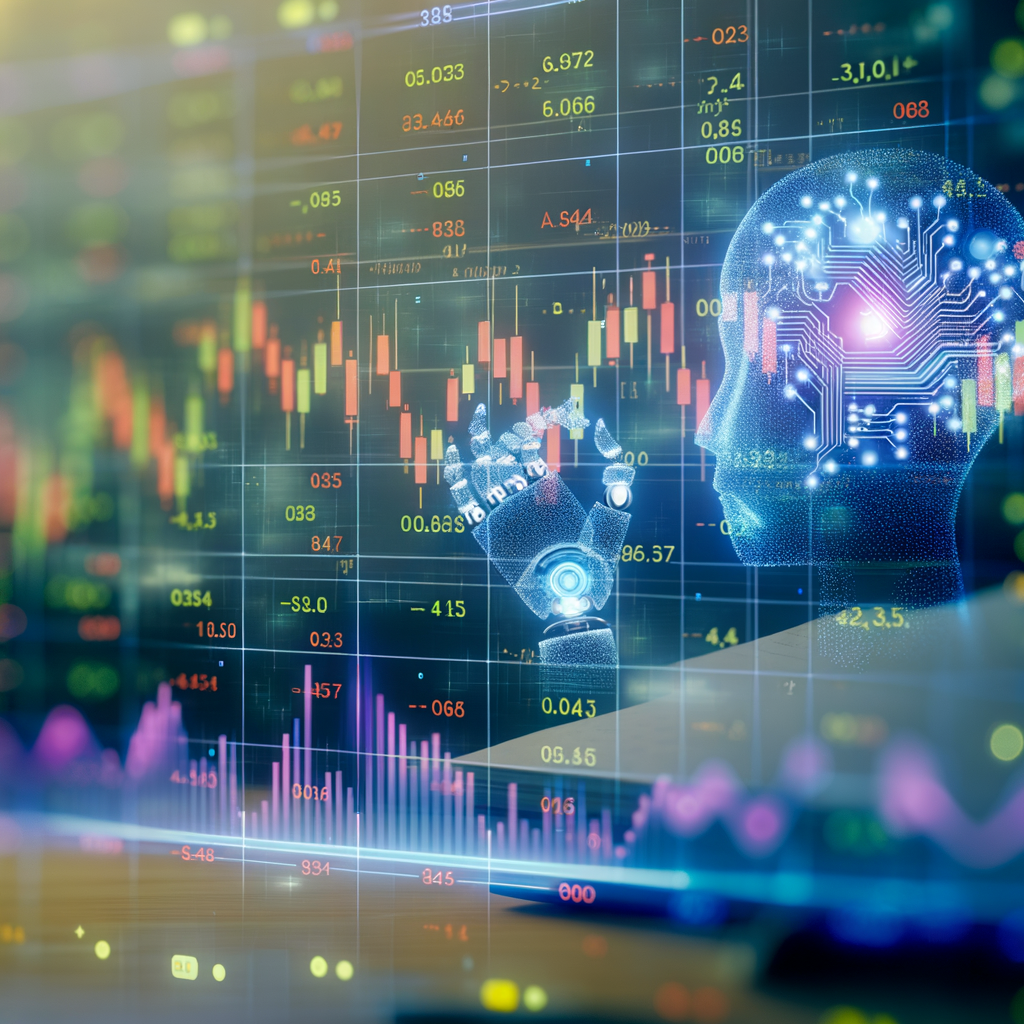The impact of AI on algorithmic trading efficiency is a captivating subject as technology continues to evolve rapidly. This article explores how AI transforms the efficiency of algorithmic trading, reshaping financial markets by improving decision-making, reducing costs, and enhancing speed.
Enhancement of Trading Algorithms through AI
Algorithmic trading has long been reliant on pre-defined sets of rules. Traditionally, these algorithms could only handle structured data, which limited their scope. However, the integration of AI, especially machine learning, has revolutionized this setup. By utilizing AI, traders can now process immense datasets, both structured and unstructured. This allows algorithms to adapt to emerging patterns, enhance prediction accuracy, and optimize trading strategies in real-time.
AI provides a significant advantage through natural language processing (NLP). By extracting valuable insights from financial news and social media, AI bolsters trading strategies by anticipating market movements. Furthermore, reinforcement learning algorithms can be employed to simulate various trading scenarios, learning optimal actions based on shifting market conditions without human intervention.
Reducing Operational Costs and Processing Time
AI in algorithmic trading doesn’t just enhance the intelligence of trades; it also streamlines operations. Traditional trading systems are often bogged down by manual processes and slower decision times. In contrast, AI-driven systems reduce latency in decision-making, allowing for rapid responses to market changes. This ensures more effective capital utilization and minimizes potential losses.
Moreover, AI significantly reduces operational costs. Automation of data analysis and decision-making replaces costly manual labor, enabling firms to allocate resources more efficiently. The improvements in processing capabilities offered by AI-driven systems further reduce execution times and transaction fees, benefiting both trading firms and their clients.
In conclusion, the integration of AI into algorithmic trading is revolutionizing the industry by enhancing decision-making and reducing costs. The capability to process vast data, real-time adaptability, and operational efficiencies transform trading dynamics. As AI technologies continue to develop, their impact on trading efficiency is likely to grow, offering exciting possibilities for the future of financial markets.

